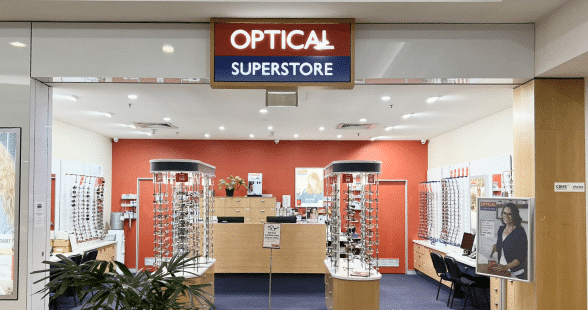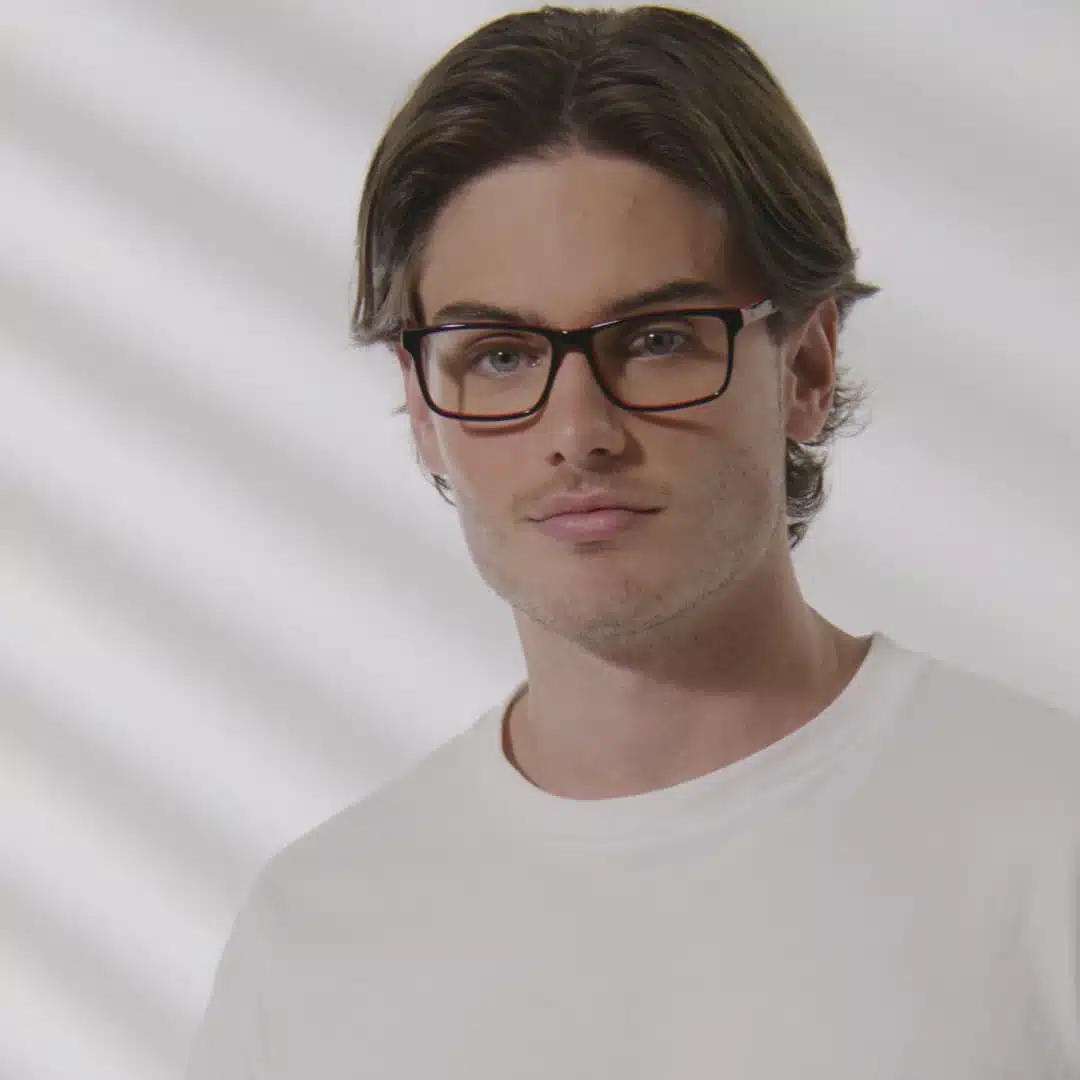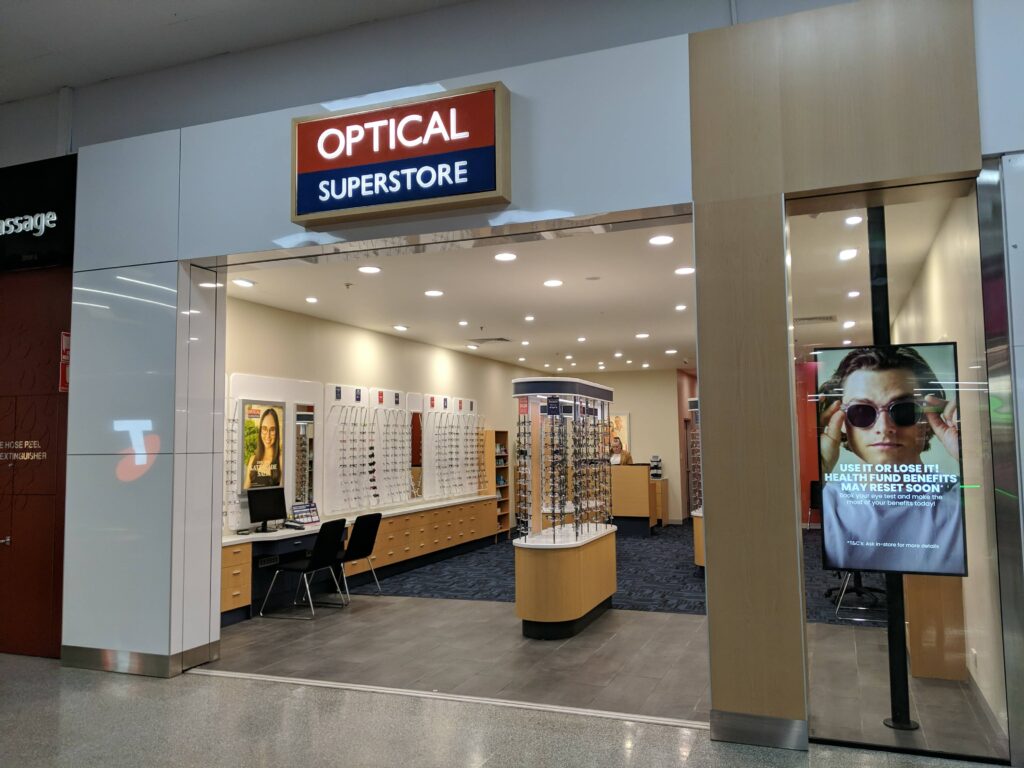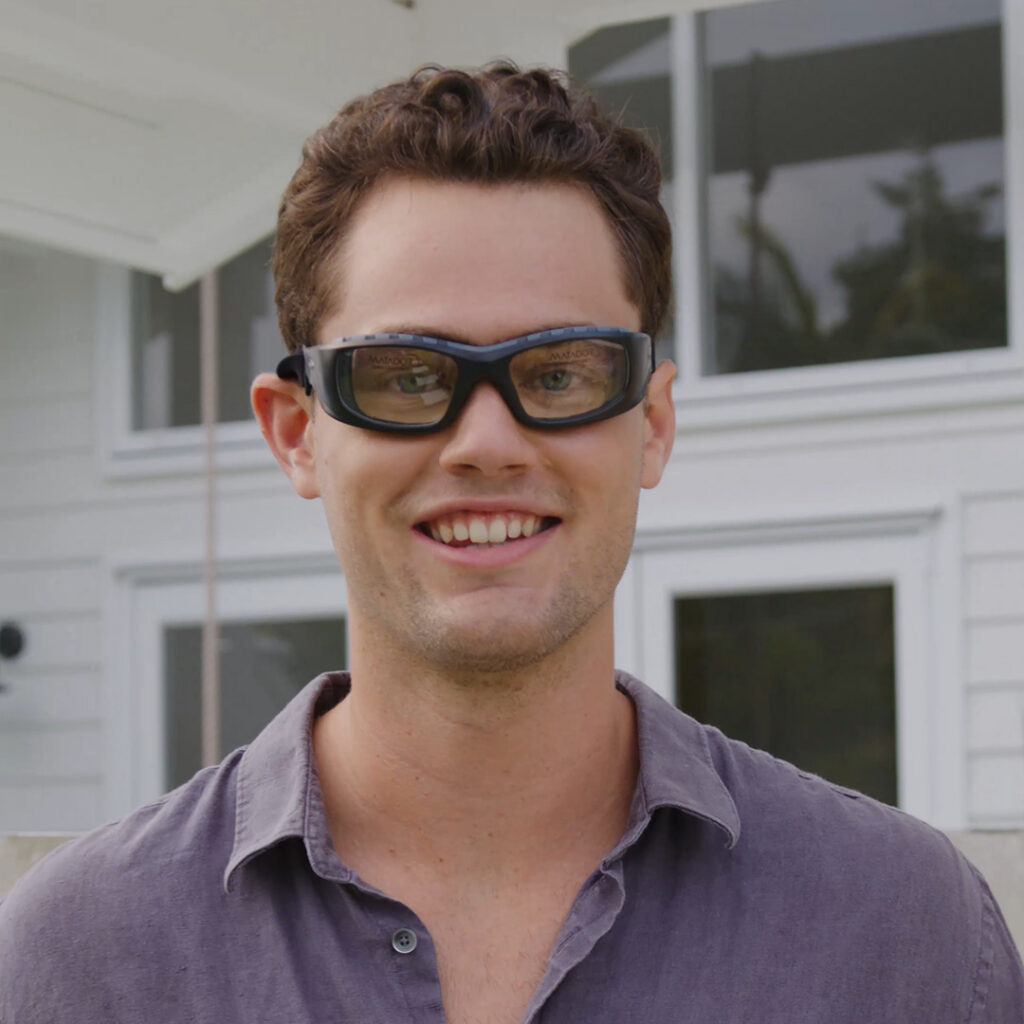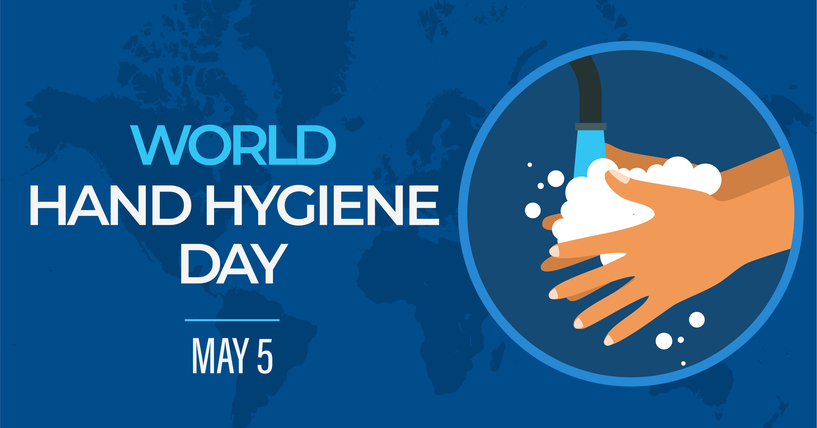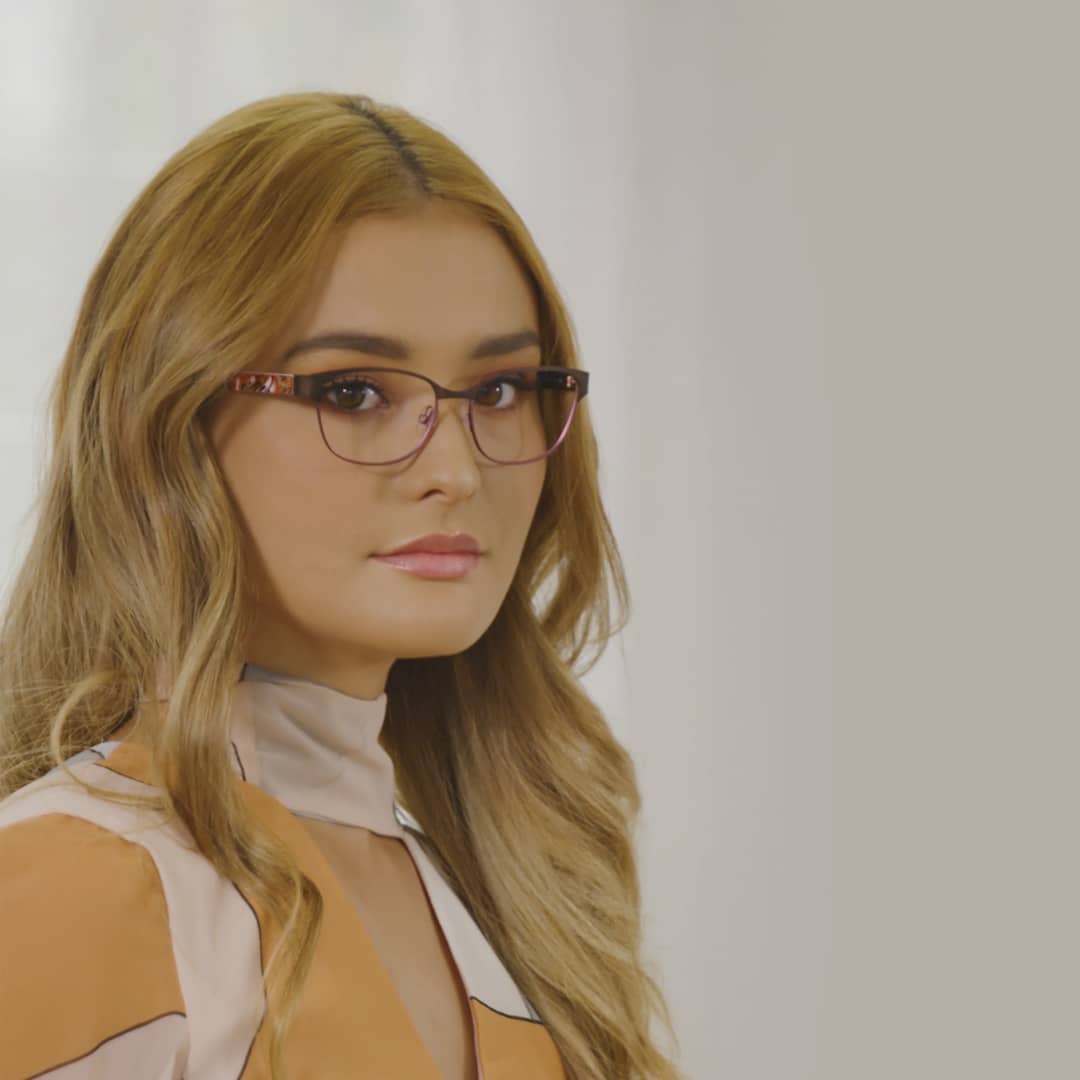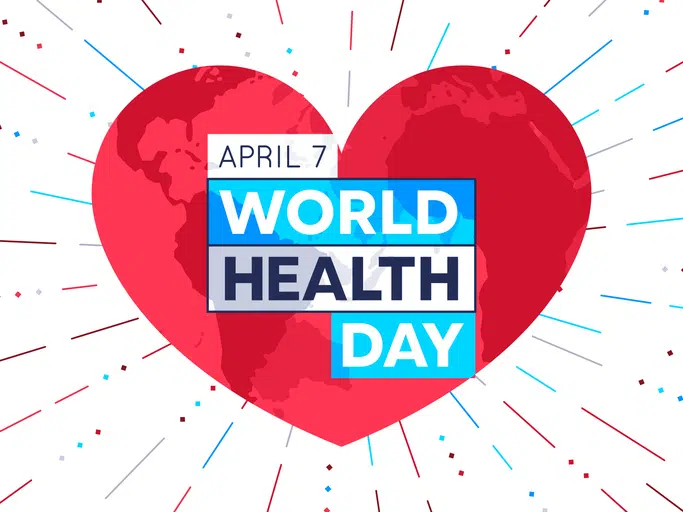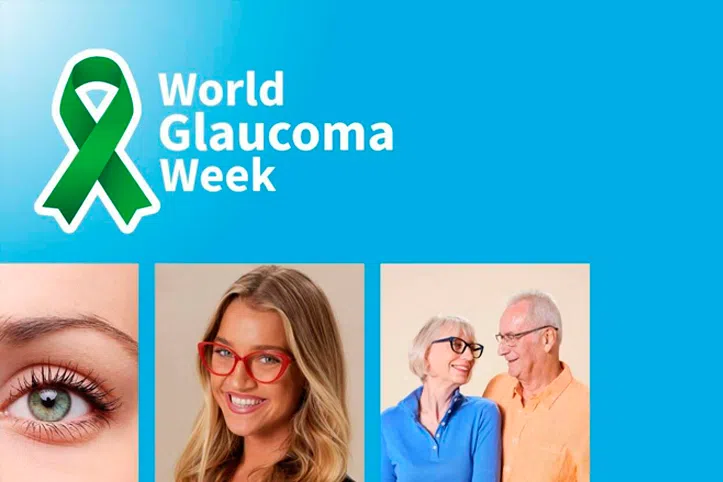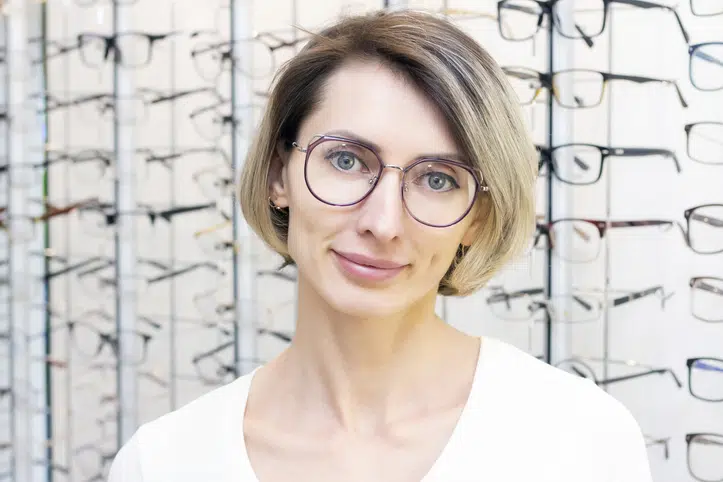Do I Need Glasses? | Five Signs to Keep in Mind
Ever found yourself wondering if your vision has worsened? Here’s a handy guide to know whether it’s time to pop into The Optical Superstore for a bulk-billed eye test.
Regular eye tests are the best way to stay on top of your vision. If you’re over 65 years old, an annual exam is recommended, while under 65s should be booking a check-up at least every three years.
However, that doesn’t mean you need to wait that long for a test. If you notice any differences to your vision, the best thing you can do is consult an optometrist and take the guesswork out of your eyesight. This is especially true for any sudden changes you experience like vision loss or double vision… These should be examined immediately.
Glasses may be the solution! Getting glasses doesn’t need to be intimidating. The Optical Superstore accepts all health funds, so members can take advantage of our No & Low Gap deal on glasses and take the stress out of clear sight.
If in doubt, an optometrist is the expert, not Google or your mates’ advice. An optometrist will be able to tell if you need corrective lenses while also ruling out other harmful eye diseases. A regular eye test from The Optical Superstore is bulk-billed, so there are no excuses for ignoring signs of vision deterioration.
In the meantime, here’s a few symptoms to keep in mind so you can better notice a shift in your eyesight:
1. Blurry Vision
Blurry vision might be nothing to worry about if it’s mild and only occasional, perhaps resulting from tired or dry eyes, or strain from digital devices. However, if the effect is constant, or it seems to be worsening, then it’s time to employ the expertise of an optometrist.
Blurry vision can include your whole field of sight, or it can affect a specific part of your vision. Explanations can vary from astigmatism to myopia (short-sightedness), hyperopia (near-sightedness) and beyond. This can begin to impact your daily life, as menus become difficult to read, or details on the TV acquire a fuzzy quality.
In most of these cases, glasses could be the key to returning your vision to its former sharpness. So, if blurry vision persists, be sure to book an appointment with the optometrist.
2. Double Vision
When you focus on an object and cross your eyes, it may seem like there are two overlapping images of the single item. When this effect occurs of its own accord, it’s called ‘double vision’, or ‘diplopia’.
It can happen in one or both of your eyes and is associated with a range of eye and neurological conditions. For causes such as keratoconus, glasses may fix the issue, but diplopia can also be the symptom of an underlying health condition which requires alternative treatment.
For this reason, it’s vital to see an optometrist or your GP if double vision occurs.
3. Eye Strain and Squinting
Squinting is often used as an instinctive means of achieving a measure more visual clarity. However, this is a short-term method, and doesn’t solve the problem at its source… which might be myopia. If you’re frequently compensating for impaired vision by narrowing your eyes, you’re going to begin to feel the effects of eye strain.
Usually, eyes automatically adjust their focus for whatever you’re attempting to see. However, myopia, hyperopia, and other vision issues can force your eyes to work harder to achieve this. The result is sore, tired eyes. On days spent in the sun or the wind, or after hours of an activity such as reading, eye strain is nothing out of the ordinary. But, if your eyes are fatigued without clear cause, you might be needing glasses.
Though they may not ring immediate alarm bells, noticing increased eye strain and squinting makes for a good indicator that it’s time to book an eye test.
4. Headaches
Headaches are common enough and can arise from all sorts of sources, though if they seem to be occurring more frequently than usual, it may indicate a vision issue.
Prolonged periods of time looking at digital screens without adequate breaks can quickly lead to eye fatigue. This, in turn, might manifest in temporary blurred vision and headaches. Take notice of whether these headaches seem to begin behind your eyes or at the temples, as this might be a sign that it’s a vision headache. As with any kind of strain, rest is best for allowing your eyes to recover, though your optometrist may also suggest eye drops or medication.
It’s also possible, however, that your vision headaches are a sign that your eyes are struggling to focus through deteriorating vision. In this case, you may need to invest in glasses to sharpen your eyesight and keep the pain away.
5. Night Vision
Seeing at night is difficult on its own, but have you noticed it’s become a little harder than usual? Well, this might be a sign of vision impairment. Often, low light can exacerbate existing eyesight issues, making normal tasks – like moving around your home in the dark – increasingly difficult.
This can become a problem when driving at night. Struggling to see road signs and markings makes driving incredibly dangerous, putting yourself and others at risk. Reduced visual capabilities might also manifest as noticing ‘halos’ around headlights and streetlights while night driving.
All this may be a sign of myopia, and easily fixed with a visit to the optometrist for some prescription lenses. However, it could also be the beginnings of cataracts, so, again, always consult a professional on any vision changes.
BOOK AN EYE TEST NEAR YOU
All major health funds accepted.
Glasses: More Than Just a Fashion Statement
These are some of the most common signs that your vision might be changing, but it’s best to be on the lookout for absolutely any developments in your eyesight. Your eye health is not to be overlooked, and an exam is never a wasted trip, even if everything seems to be in order.
Glasses are great! They come in all shapes and sizes, and they help you get the best out of your vision. And if you’re a health fund member, make sure to take advantage of The Optical Superstore’s ‘No & Low Gap’ offers before your optical extras go to waste.
Noticed a change in your vision? Book a bulk-billed appointment here and we’ll see you at The Optical Superstore.
OTHER articles
FIND A STORE NEAR YOU
Schedule an appointment with an optometrist. Most eye tests are bulk billed.
